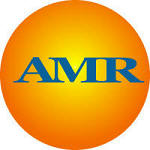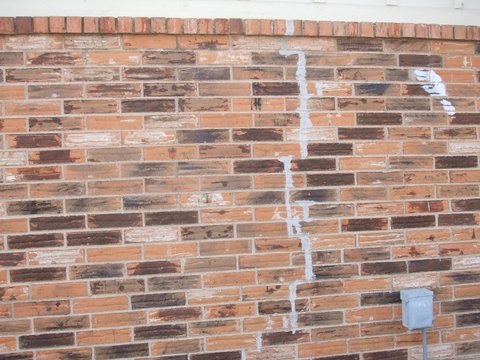

AMR Labs provides two basic
mortar matching services including the
analysis of mortar composition and
mortar color matching.
How to Match Mortar
There is more to matching mortar than just
matching mortar color. The color of mortar is affected by the composition of
the mortar binder materials and the sand. This is why it is
important to match the composition of mortar before
matching mortar
color.
Mortar Matching Analysis
We test samples of the existing mortar to
match mortar composition/compressive strength/color to provide a complete
matching mortar that blends into the wall and makes the
repointing mortar disappear.
We provide services across the U.S.
call:
(817) 366-8376
*AMR Labs*
1525 Corona Dr.
Granbury, TX 76048
Or email us:
mortarlab@gmail.com
AMR Labs is a mortar testing lab
How mortars are tested in our
mortar
analysis
Testing samples of hardened mortar is imperative to any masonry
mortar restoration, but especially in historic mortar repair.
Historic mortar tends to be much softer than the new mortars, and
ranges greatly in its compressive strength. This is due to the
bricks and stones used. Most of the bricks and tile were hand made
and sun baked and were much softer than the hard fired clay bricks
used today, and to prevent damage to the bricks, a softer mortar was
used.
In preserving and restoring these historic mortars and
historic buildings, it is important to test and
match the existing mortar and
its compressive strength to prevent damage to these
historic antique bricks that cannot be replaced.
Analysis and Matching Existing Mortar
However, analyzing and
testing mortar for matching is not limited
to historic masonry. It is just as important to
match the mortar of
today. Mismatched mortar can cause many common masonry problems.
Among these are chipping or spalling brick faces, loose bricks,
loose mortar, mortar popping loose or popping out,
mortar cracking
after repairs, mortar separation cracks,
crumbling mortar, and many
more. These are all resulting from new mortar not
matching the
existing mortar in the mortar joints. Mortars that are harder than
the old mortar tend to pop loose and damage brick faces because they
are not bonding to the existing mortar, and mortars that are softer
than the old mortar tend to crumble or deteriorate rapidly.
Matching Mortar Composition
Matching the composition of mortar is the
first step in matching mortar color for masonry repair.
When restoring or repairing masonry, take the time to
match the mortar type and composition. This will include the color and graded
particles of the sand which compose the majority of most mortars and
can change the color of mortar significantly. We also recommend
matching the mortar color pigments or aging as this will effect the
appearance of the repairs. Mismatched mortar color makes the masonry
repair look bad and there is no reason for the repairs to stand out.
We offer many types of mortar analysis and masonry testing including mortar color/composition matching. Some are listed below.
This mortar analysis analyzes the compressive strength of mortar, the mortar composition, mortar type, the sand gradation, and produces a mortar formula for matching the mortar composition and type of the existing mortar sample being tested or to analyze and compare two samples of mortar to determine if they are the same. This mortar analysis includes compressive strength testing, hydrochloric testing or acid digestion of mortar, magnified examination, weight loss, and sand analysis. A cleaned sample of the original sand is returned to you with the mortar testing report. This test is also used to determine if the old mortar is a historic mortar or rather contains historic lime.
In this mortar analysis, we analyze the composition of mortar samples, compressive strength, and color and produce a mortar formula for matching the existing mortar color and composition. This includes an analysis of the original sand.
This analysis is designed to test the crushing pressure or compressive strength of mortar, brick, stone, block, or tile, and is used to analyze and determine if the mortar used is a good mortar for the masonry units or to determine what type of mortar should be used with the units. A good mortar is slightly softer than the brick or stone it is used to install to prevent damage to the masonry unit.
There is no reason for
masonry repair to look like this.
Get the mortar tested and properly matched. View our
photos to see what this
project looks like after our mortar testing and
mortar matching
services.

